|
What does leadership need to embrace, or more specifically, how does it need to evolve, to move forward in this heightened time of chaos, conflict and fear? I have been reflecting on this as I observe the ‘goings on’ in our beautiful country, Aotearoa – New Zealand.
It’s fair to say there is some really questionable leadership being shown at national and local levels alike. When I consider the potential motivations and framework in which decisions are being undertaken, I wonder whether these are being made from a place of fear or love. And before you suggest I am getting all airy fairy, keep in mind that fear encompasses emotions and/or approaches that are manipulative, threatening, frightening, eroding, controlling, etc which can cause anxiety, dis-ease, doubt, panic, control – sound familiar? Whereas love encompasses such things as compassion, kindness, selflessness, care and, one of my favourites, empowerment. Like many of us – I am deeply saddened by the potential route we are currently heading down – one of dis-unity, one of segregation – desperation. I know with all my heart that this is not who we are. If we were to take out the maddening fear that can distort practical, empathic minds, I know that the majority of Kiwis wish for nothing more than peace of mind and the freedom to choose and do what they believe is best for them and their family (while doing no harm to others). I am reminded of the old saying ‘where your focus goes, your energy flows’. The more we feed the negative (unintentionally or otherwise), the more it feeds the beast. Whereas if we focus on kindness, compassion, gratitude, truth, we feed hope (interestingly, hope only exists in a place of fear, ie, if we had no fear there would be no need to hope). So coming back to my pondering, what is it going to take to create a shift in the way we lead – bring in a new dawn so to speak? Whether it be at a national or local level, or maybe more specifically as individuals, in our businesses, communities, homes. I believe it actually starts with us. Because as we all know, each of us leads by example, often through what we do rather than what we say, although words can be a reflection of our hearts. How we treat people, how we go about doing what we do speaks volumes. If we are going to create the authentic, trusting and inspiring leadership this country deserves, that each of us deserves, then it is going to require a move from fear-based leadership to aroha, one of honesty, transparency and compassion. What gives me great hope is there are many leaders already working in this space, often quietly without the noise. It does take some courage to stand in one’s own light, especially if it is seen to go against the norms. And here lies part of the issue - the norms don’t seem to be serving us so well anymore. It is time to cultivate, to motivate, to consider a new (or not so new) approach to leadership. I choose to be part of this conversation. This action. This doing. This being. Tania Louise 1 November 2021 (first day of spring)
5 Comments
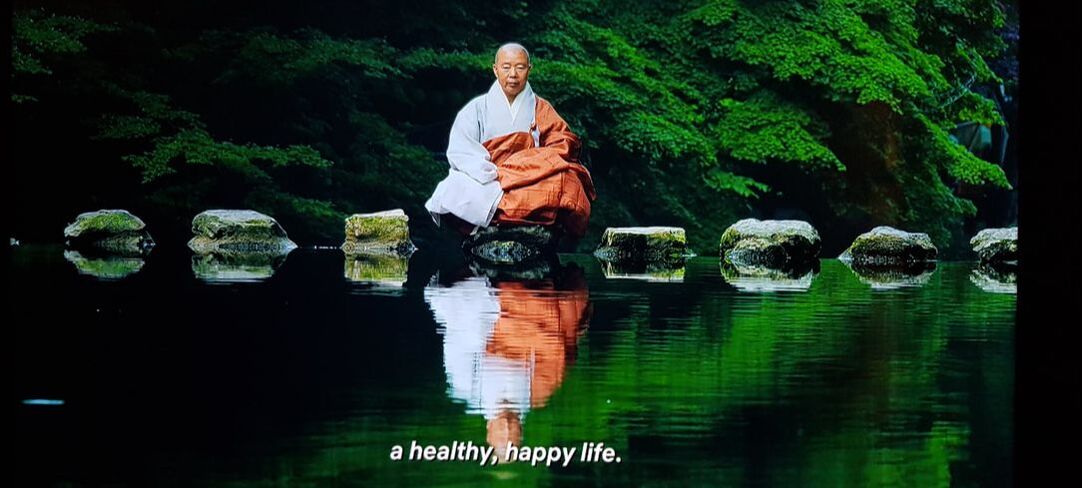 Chef’s Table is deeply resonating with me. I understand why its an award-winning documentary. It’s the deepness, almost pureness and honesty of it. Amazing Chef’s from around the world sharing their stories, their motivations, their reasons. The more I watch it, the more inspired I am to a, wanna go and eat at most of these places (lol) and b, wanna be part of a movement to preserve - to celebrate our heritage, our culture through local produce. As we all know, food brings us together. It connects us, reminds us and, it can, heal us – on many levels. Physically, mentally, emotionally, spiritually. Food made with love, always tastes good. And locally produced even better. Jeong Kwan talks of it making people truly happy. And we all know we could do with a bit more of that! It has got me thinking. Coming out of Covid 19 and the call to support local (as we should), I have been contemplating on what we as Northlanders can do to get a front foot into what I hope will be a new and improved way of going about doing what we do. Top of my list is our natural environment. There is so much opportunity to do more to protect our whenua, our wai, eradicate pests and generally clean up our backyard – before it’s just too late. Also up there is improving the way we eat, what we eat – which of course relies on great, healthful products – not instant, not full of chemicals or empty calories. I already know we grow and produce some awesome produce, but I believe we can do a lot more. How do we ensure that we don’t lose certain traditional crops (if we haven’t already)? What is it we can really specialise in, that people will travel to taste and be part of an experience? How do we really promote a local ‘garden to plate’ movement? Many of the Chef’s featured have put their ‘home’ on the map by celebrating the foods of tradition – foods of their region. They openly pay homage to their heritage and their culture. Some putting their weight behind local only and ensuring heirloom varieties are not lost to mass consumerism and industrialism and lets be honest, the big monopolies. Many have stepped back from following the trend and set their own legacy by paying honour to the purity of the produce and those that farm it. We need food to live but it should be so much more than that (and I know for many it is). What we put into our bodies effects the way we perform, the way we feel. Clean, fresh food that tastes wholesome and tingles our taste buds will do far more for us than just filling our puku. It is goodness that lifts our hearts. I know something pretty special is going to come out of all of this upheaval. A renewed hope, a reconnection to what’s truly important – our purpose and our place. I once read that the only answer in this life, to the loneliness we are all bound to feel, is community. Beautiful.
I came across the term intentional communities a few weeks back and it got me thinking, particularly so after a recent trip to Raglan. What does it mean and why does it resonate so? Well it turns out its meaning was not quite what I had felt (I’ll let you google it) so I thought I would make up my own definition off the cuff, as I believe there is real power in the term. ‘An inclusive community with a vision of who and what they are, with collective agreement to stay true to the course’. For a long time now things have just happened. People often aren’t included or even notified, things pop up and occasionally fall over. There is often no ‘intent’ - no calculated agreement of who the community wants to be – it just comes about (and there are examples all over the Far North of this, think Whatuwhiwhi for one). This is not necessarily a bad thing, however, I am struck by the growing lack of connection or dis-connect that can arise when things evolve, often for the benefit of the few and the impacts, particularly on small communities, is not fully realised. When I think of the words intentional in the community sense, I envisage planned and agreed pathways, with agreed intent of who and what that community is. A living example, in my eyes, is Raglan. They have an impressive commitment to recycling, minimal use of plastics and what feels like, a genuine commitment to looking after their place. You can feel the vibe, quite literally. I used to describe Paihia as a place that just happened, no planning, no forethought. And 10 years ago, one could describe the community as disconnected/transient, no heart I think was the term used. Today, although there are still a few fractions, it does have a vibrant heart and a sense of pride in what the locals have achieved. None of this happened by accident. The community came together and agreed on a pathway, took action and lead the way. So why might this be important? Building resilience for one. Strengthening connections and growing a community of inclusive, committed citizens is another. Although I didn’t recognise it at the time, growing up in Russell, I clearly remember a sense of connection to my community. People looked out for one another (including the time my father thought that I had drowned swimming off the wharf, only to learn that I had taken a trip with a mate to Paihia on the ferry - I was in big trouble that night). Pretty much, everyone knew everyone and you felt that sense of belonging. Intentional means deliberate, on purpose. Imagine what the Far North and its many communities might achieve if we became far more intentional in how we went about doing what we do. We might just lead the way for a better tomorrow 😉 If you keep doing what you’re always done, you’ll keep get what you’re always got.
With almost six years experience as deputy mayor and a previous five years, in total, working within local government, I know how Local Government works. I know its challenges and I know its potential. I am one of the most experienced governance individuals standing here tonight, renowned as a strategic thinker, with a strong background in community development. I am capable of leading this council into a new era. I hold a clear vision and believe my inclusive leadership style, knowledge and courageous approach will make a genuine difference for you on the ground. Council is not broken. There are a lot of things that we are doing well, but absolutely acknowledge that there is a whole lot of things we can do much better. Starting with rebuilding trust and becoming a can-do organisation. I believe that we can achieve this and lead the way in how we look after our people and our place. My four key approaches are: Doing it our way – localism in action. New Zealand is the third most centralised country in the western world. Just 12% of public funds is spent by local government. We need to cut through the ever growing red tape and become self determining. Together, we know our solutions. Smarts – we must make smarter decisions, based on where we want to be in the future and not on whats happening in the moment. We have limited resources. The biggest district in the North island, more than 40 communities and less than 40,000 ratepayers. Let’s get innovative and become a test market for creative thinking. Seaweed production, developing a circular economy, innovative approaches to waste, smarter approaches to housing, supporting our key industries to flourish, the list goes on. And then there’s the brave decisions that will need to be made around climate change. Addressing our serious affordability issues and creating a future of hope and not one of despair. Partnerships. We can not successfully move forward if we don’t truly work together. Council is here to serve, our communities to lead. And last but certainly not least, developing a culture of care. Both within the council organisation and working with you, our communities. People of Kerikeri. My commitments to you include:
I am an advocate for community empowerment. Future focused, a change agent, a fresh thinker. I have learnt a great deal over the last two terms. I am now ready to lead. I do not have all the answers but I know working together, we will find the solutions. Your vote for me, is a vote for all of us - our people, our place. I am daring greatly, standing here putting a stake in the ground for our future. I am asking you to stand with me. Na tatou to wa - it’s our time! More than any other organisation, councils’ impact on the way we live. From going to the library, maintaining the roads and footpaths to advocating for district support - the results of the actions taken (or not taken) are experienced by all of us at one time or another (often something we think more about when it comes to paying the rates!) There can be confusion about the role of local government, so I thought it useful to provide a bit of an overview of responsibilities.
Firstly, the difference between a regional council and a district council. (We have one regional council in Northland and three district councils; Far North, Whangarei and Kaipara). Regional councils are primarily focused on environmental resource management, flood control, air and water quality, pest control and in some cases (such as Northland) public transport and economic development. District councils have a really wide range of responsibilities, including governance, local roads, footpaths, three waters, sewerage, bylaws, waste, libraries, parks, recreation, regulations, community development and town planning. You could sum it all up and say we have four key functions; civic leadership, regulatory control, public service provider and infrastructure provision. It’s important to note, that central government has just passed an Act to reinstate the four well-beings into Local Government Act. This states that councils are to play a broad role in promoting the social, economic, environment, and cultural well-being of their communities, taking a sustainable development approach. I want to highlight the word promote, in that councils ‘play a broad role in promoting’. As here is where I believe the power lies. There is a lot of services that council does not currently undertake in the public sector. Think health, education, social development, policing, etc. Yet, it now has a mandate to promote, i.e., among other things can be a ‘watchdog’ for the delivery of public services and if they are not delivering, call them to account. Now, the role of the mayor and councillors. (The Far North has a mayor and nine councillors across three wards. We also have three Community Boards). The Local Government Act defines the role of mayor as providing leadership to the other elected members, be a leader in the community and perform civic duties. Councillors have no specific job description other than to represent their communities. Elected members roles include setting territorial authority plans, policies, making regulatory decisions and reviewing council performance. Each person has one vote. It is important to emphasis that elected members are in a governance position i.e. they make decisions at a policy/strategic level and not at an operational one (that is for the Chief Executive to lead). Simply put, Council is here to serve its communities. It has a role to lead and encourage sustainable prosperity and well-being. Council is not in competition. It is not here to make a profit. It is simply here to serve and assist communities to be the most amazing places they can be. ‘The future of every community lies in capturing the passion, energy and imagination of its own people’ said Ernesto Sirolli, founder of the Sirolli Institute. This year’s annual Local Government conference was one of the best I have attended. With a focus on riding the localism wave: putting communities in charge. This philosophy sits firmly with my approach on how local government can move forward. Localism, or what I like to call ‘doing it our way’ isn’t new thinking – in fact it’s a global concept that is reshaping governments around the world, recognising that the best outcomes come from local people making local decisions about the places that we love and live in – a no brainer really.
The good news is that some of our national leaders also recognise the possibility. Minister Nanaia Mahuta stating the need to make it the norm, not the exception and Hon Dame Tariana Turia supporting the need to shift the power and decision-making back to community. Where it should be. It was a pleasure to hear from Dr Lance O’Sullivan, who was purposely provocative. He noted that there is a need to break down incumbent structures to address the poverty of wealth, culture and spirit. Something that is a struggle for many here in the Far North. It’s important that we do not underestimate the challenges though. As one speaker noted, bold and visionary leaders are needed in this time. Local government has pretty much had the same approach for decades, only that it has become, in my opinion, more and more bureaucratic, with increasing layers of legislation and process, centralisation and box ticking. In an era of one size fits all policy, growing hopelessness, disconnection, global impacts and climate change, we have come to a point that something needs to give and quickly. So what could local government look like in the future? That is the whole premise of the localism agenda. We have the potential to become a test case for innovative thinking here in the Far North – lead the way in how local government moves forward. It is stated that localism must be inclusive. As the Commission on the Future of Localism says ‘localism must be about giving voice, choice and control to communities who are seldom heard by our political and economic institutions. Localism should enable local solutions through partnership and collaboration around place and provide the conditions for social action to thrive.’ Pretty exciting eh?! The possibilities are huge and could have far reaching consequences for a better tomorrow for our people and our place. It is going to take courage - I believe we are up for it. To learn more about the localism agenda go to https://localism.nz/. Whiria te tangata – weave the people together.
June marks the beginning of Matariki – the Māori New Year. This is signalled by the rising of the Matariki star cluster (also known as Pleiades or Seven Sisters), which brings the past year to a close and thus a new beginning. Matariki is recognised within the Maramataka, the Māori calendar, which records the turning of the moon and marks its phases in a lunar month. There are many amazing events happening around our district to celebrate this significant event. I was privileged to attend one last Saturday night in Whangaroa. One of the speakers was Rueben Taipari, who explained Maramataka and the rich wisdom in following the lunar cycle to plant, harvest and more. Two other speakers were First Nation women, one from the United States and one from Canada. They gave us a glimpse into their past and their journey. The depth of their stories, the sadness, but also the hope was highlighted. The similarities between their people and our tangata whenua was clear. Although, perhaps, what the First Nation people continue to fight for – their respect, their freedom, their identity – has a lot further to go. I was reminded, once again, of our human connection. That no matter where one travels and who one meets, our stories are interlinked, our wisdom shared and, often, our battles are aligned. Having said that, we still have much to learn from each other. It is incredibly important we take the time to sit and listen to those we may not understand. That we learn to share our hopes and dreams, our stories of old and our hopes of new. That we grow in understanding and importantly, respect. To recognise that the path of another may not be the same as one’s own, but is no less important. We learn that we all hope for the same things: to feel valued, to feel a part of something bigger, to feel important and, although not all will agree, that we are allowed to be ourselves (as long, of course, as it is not detrimental to others). On the matter of learning from another: My eight-year-old daughter taught me a beautiful lesson over the weekend. It was her first gymnastic competition and she had a complete fear of ‘the bar’. She could not do it and didn’t want to go. Then, on the day, with a face full of determination, she overcame her mental block and achieved success. Her smile said it all. I watched all those young girls. Admired their poise and their grace. I admired their courage and the fact they had put themselves out there in front of hundreds to be judged at such a young age. Some fell off, some fell over and some just struggled. But not one gave up. Resilience and courage. A future of strong, graceful and determined people willing to make their mark. “There is no power for change greater than a community discovering what it cares about.” So said organisational consultant Margaret J Wheatly. A great example of this is a not so-quiet stirring now occurring at Whangaroa. A number of locals are so concerned for the health of their harbour they have informally called for a land development rahui (a prohibition against a particular area or activity, typically temporary, placed in order to protect a resource). They want a halt on development until issues are investigated and measures taken to rectify problems they are witnessing in their harbour. These include sediment build up contributing to the loss of pipi beds, and white-sand beaches to picnic on all but disappearing in less than a generation. The issues they are concerned about have developed over many, many years and there is no single culprit or an easy solution.
This is not the only harbour under serious threat. Kaipara Harbour currently has around 700,000 tonnes of sediment entering it every year! It is one of the largest harbours in the world, and if nothing is done it could become the world’s largest mudflat – not something to encourage in any measure. The local kaitiaki have plans to reduce this by 60 per cent and are making excellent progress getting commitments to make this happen. We must remember that this is not just about the health of Whangaroa. This is an issue impacting harbours across our district and New Zealand. Our waterways are precious taonga and not a commodity, nor a dumping ground. So what can be done to address what some might see as an overwhelming task or even an impossibility? Firstly, something must be done, overwhelming or not. The journey must commence, before one of our most treasured harbours loses its natural resilience, declines further and runs the risk of becoming a lifeless body. Whatever the solution may look like, it must be led by local people. They are the kaitiaki, it is their backyard, their taiao. Their aroha for their place will ensure decisions are made in the best interests of the ongoing wellbeing of the harbour, now and for future generations. And to be fair, it is future generations that will most benefit from sound decisions made today. The key to success will be an innovative, collaborative approach. The community empowered to lead and the rest of us, especially government agencies, in behind to support and provide resources as required. It needs to be smart, it needs to be timely and it needs to be inclusive. It will take courage and some very brave conversations that will require an open heart and a vision for what can be. I believe it is possible. I am looking forward to the coming conversations that will see a collective mandated to lead. One I believe will set a framework for others to follow.  "When we unleash the power of women, we can secure the future for all," said UN Secretary-General Ban Ki-moon in his message for International Women’s Day 2015.
I am going to share with you some excerpts from a speech I made on International Women’s day a few years ago … Firstly though, a little about me: I am the mum of an eight year old daughter, who I co-share with her dad. I didn’t think I would have children and thus she was quite the surprise at the age of 41. I was born in a little place called Puketaha in the Waikato, to a shearer and dairy farmers daughter, moving to Russell at the age of 4. I spent quite a bit of my childhood thistle chipping, on the end of a spade battening, and many, many hours as the shearer’s rousie (occasionally getting paid for it). At one stage, Mum and Dad managed a small farm at Long Beach, mainly sheep and dry stock. I have many hilarious stories from my childhood, particularly around dad’s frustrations in trying to get the working dogs to work (one particular one he borrowed from up the road generally had a constant flea issue and constipation and used to spend quite a bit of time dragging its bum along the ground….) Before I became a ‘politician’ I did a few things. Worked a lot in tourism, involved in oyster farm clean ups, youth mentoring and then employment support for all ages, project management, administration and local government. My life to date has had many challenges, some quite difficult, many joys and much growth. I love where I have come to and am looking forward to whatever life has to offer as I move forward in a proactive and open hearted sort of way. Now I want to share with you some of my thoughts on the need for balance and the huge importance that women play in this. Firstly though, I want to acknowledge how blessed I feel to have been born and raised in Aotearoa. Although we as a country do have many challenges on a number of levels, we are still a country of great hope. So balance – well currently – imbalance. For our mother earth to flourish and as an off shoot - continue to sustain us - we, as human beings, must urgently look to return balance to our planet. To finding balance between the sexes...this to me means recognising and respecting what the opposites bring to make the whole. Whether it be masculine and feminine, night and day, hot and cold – the strength in these is that one can not be without the other. And as women I know we all recognise the importance of the moon, her changing face and the impacts this brings upon our systems – both naturally and manufactured. It is quite clearly recognised that in business, whether in the board room or one the farm, women and men bring quite different approaches to the table – and that this can produce some very well balanced and effective decision making. I certainly see that around the council table. Having or gaining more power is generally not a key motivator for women. We tend to be more inspired by the feeling of achievement, making a difference and being valued or adding valve. We need to celebrate this diversity between the sexes rather than trying to control and manipulate it to ones own end. As a people this is where our strength will come from. Our unity and our healing. Women, I believe, play a significant role in bringing about this change. Although often the physically weaker sex – we are strong of heart, carry great wisdom and can endure and grow from many trials and tribulations. We are generally very resilient and rarely suffer from man flu. We are renown for balancing hectic lifestyles and having exceptional organisational skills and know how to feed a tribe! And, I believe, we inherently know what is right – we just don't always have the self belief that can be required to make the change. So this is what I would now like to focus on – encouraging us, as women, to believe that we can be all that we want to be and often a lot more – I do find that humans in general underestimate just what we are capable of. And I am a very good example. I'm not going into my journey today...but lets just say that being in local politics, let alone the deputy mayor was not on my 'will achieve' list and yet here I am. I am learning to never say never. I am also a firm believer that we all have a very special purpose and that is to be the best that we can be and thus we must push ourselves onwards and upwards. Which is often much easier said than done. Why? I think I will call it conditioning – society norms or the beliefs that we learn as children which we can carry with us for a life time - if we are not brave enough to challenge them and then make the change. Now – some of these beliefs are good...very good, some are unhelpful and others can be down right destructive. I just want to note, that society beliefs are different all over the place, rural...urban, one culture...another culture, etc So, when we as women look for equality, which we most certainly deserve and should have – as its quite natural and normal, we have to believe...deep down... that we are actually entitled to it – and that this can go against some well ingrained belief systems – whether we realise it or not (and this goes for men as well). I believe and have experienced that often what we are taught and what actually ‘is’ vary greatly. One can be set in fear (not always intentionally) teaching people to behave in a certain way – a form of control. The other is set in self acceptance and trusting in what’s right for one’s own journey. It’s not about the masses or about what someone else thinks. It’s about learning to recognise and trust in one’s own intuition, ones own journey. It's about finding that quiet place inside – where peace remains supreme. I have found that making decisions from this place has never put me wrong...I will note that it can often be quite hard to find this space sometimes with all the hub bub that goes on in my head and around me... Yes our journeys inter-weave with each other – all the time, but your journey and my journey are not the same and should not be compared. This is certainly not suggesting that I should get on with my own life – damn the rest of you :) Quite the opposite... For me to be truly authentic, to be all that I can be – should bring me to a place of compassion and empathy. Recognition that although I am an individual I am part of the whole. For me to truly succeed, I need to be in a space of success, which means my wider community, district, etc is also succeeding or prosperous. And not many things give me more joy than seeing people I work or interact with grow and overcome obstacles, finding moments of happiness on the way, as they journey along their path to be all that they can be...and should be. Which is why it is so wonderful to be with you here this morning. To inspire, encourage and or uplift another individual is quite something. And it's not because you actually did anything other than believe in them. Its because they did it for themselves – they found a happy place - and they in turn carry on to inspire others – its has a wonderful ripple effect. As no doubt you will experience more of as you move forward. I would now like to briefly touch on two things. One: the need to support our young women and help instill in them the right belief systems so that they are encouraged to make vibrant decisions that will help them truly prosper. That they don't need to be a size eight, have long flowing hair and a buff boyfriend to have a wonderful life. That they are all specifically and specially created perfect as we are. That they are valued and have something very important to do with their lives – and that is to be the amazing person that they are – right now (you may also want to point out that life gets very boring when everything is the same...) The second point... as women we need to start being a bit nicer to each other. Just like we need to inspire our young women we need to inspire each other. Women (generalising here) are quite renown for being catty and nasty...something I personally experienced at high school and one of the reasons I probably tend to hang out more with men now... This behaviour comes from a place of low self esteem. If we want equality, then we need to stand together united and encourage each other – not compare or pull down. We need to stand by each other, compliment, uplift. Just saying kia ora to a stranger can make someone's day. For many of us, challenging our belief systems will take courage... it will require us to step outside of our comfort zone...(I encourage it – its quite liberating) I once read a quote on Facebook saying “life begins at the end of your comfort zone” Courage is a fine line between hope, knowing and respect for one’s self. It’s going to take courage and hope and faith to be all you can be. Life does offer great abundance And love will provide the strength to show you the way Having this hope will help you confidently take the next step and in achieving that step you will want to take another...and another... So, I firmly believe in the power of unleashing women's potential – that will scare a few men lol. I firmly believe that we have some way to go to achieve balance and that it will take a change of mindset by both men and women. I firmly believe that we need to do this - our world depends on it. Equality or balance is the right thing – the only thing that will bring true prosperity to human kind.  We come together each year to recall, as best we later generations can, the sacrifices of all the soldiers, naval and merchant marine sailors, airmen, and nurses in both world wars, Korea, Malaysia, Vietnam, Afghanistan and others. And especially our local young heroes whose names are held here in our communities as a monument to their bravery.
We remember also the war widows and orphans, the grieving parents and whanau - they suffered too. As well, the nation at home which gave up much to maintain the war effort. But today I honour one particular veteran. He was one of the thousands of eager teenagers recruited in the early 1940's for aircrew training in the Empire Air training Scheme. While still only 18 years old he had graduated as a Sergeant pilot and had joined a dive bomber squadron; and later, towards the end of the war, an operational fighter squadron in the Islands. But still didn't have a drivers licence! Then in 1952 he flew 120 missions over North Korea mostly working as a pair of aircraft, at first and last light, searching for enemy supply trucks and trains. Also leading air strikes against important targets using 20 or so aircraft. He was awarded the Distinguished Flying Cross. Next he completed (with first prize) a year long Empire Test Pilot's Course in England, followed by seven years of aircraft research and development work, some of it in Canada; and was awarded the Air Force Cross. After some years of staff jobs and command of a bomber squadron, a tour in charge of a squadron's night operations in Vietnam followed, for which a bar to the earlier DFC was awarded. Many years later, he retired from a senior defence appointment, looking forward to a quieter life. Talking recently about wartime conditions he’s at a pain to tell me that the role of an airman is nothing compared to the soldiers stuck in the trenches – face to face combat. That air warfare is just cold professionalism with hot meals and a reasonable bed at night. He doesn’t really want to talk about it - and would much prefer that I do not either. And yet I feel the need to. Because here I stand, privileged to speak at such an auspicious gathering. Knowing that I really have no understanding of the tyrannies of war, so I asked for his wisdom. He wants to remind me that back in the 1940’s New Zealand was perilously close to becoming a Japanese colony : English and Te Reo could have become just second languages at best. That Australia and New Zealand with little to defend themselves with, were saved from that fate by a generous America. That the ANZUS treaty was then agreed for the mutual security of all three countries; an incredibly generous insurance policy for New Zealand. It was to be the means of defending the nation in the future – the very purpose for which so many thousands of soldiers, sailors and airmen gave their lives – leaving a trust for we future generations to hold. The outcome brought peace, security, national prosperity. It was entrusted to later generations to meet future threats. New Zealand chose in the 1990's to withdraw from ANZUS much to his disbelief. He wonders if today, would not our non-returned soldiers feel let down if the legacy was embodied in no more than the words of the national anthem ‘God Defend New Zealand.’ And so here I stand, pondering these powerful and maybe uncomfortable thoughts. Once a young person that did not go to ANZAC services because I did not condone war. Today I once again recognise that much of what this country cherishes is because of some incredibly brave, incredibly selfless people that set out on an adventure, some never to return. Those that did, never to be the same. This man asks that we remember what we owe to all those of our old people that we commemorate today; what we should be doing, what we can start now to ensure the security of New Zealand for future generations? So I ask – what can we doing? To grow hope? What can we be doing to grow unity? Understanding? Ultimately, it starts with each of us. We have a choice. Through forgiveness. Through respect. Through allowing others to be who they are. But without foolishness, nor naivety. This is a country that stands tall. A country of integrity. A country of beauty. A country with a deep soul. How well that surfaced in sympathy for the innocent victims of the atrocity in Christchurch. We need to protect that. Now and always. I honour, deeply, those that have sacrificed so much in our defence. And I honour that young, intelligent 18 year old that went on to defend his country with such bravery. A young man that became a true gentlemen and an absolute hero in my heart. Lest we forget. |
AuthorTania McInnes. Archives
January 2024
Categories |
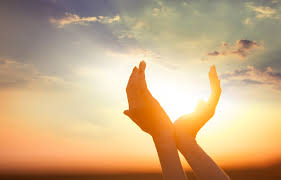
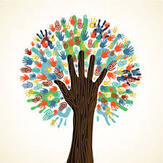
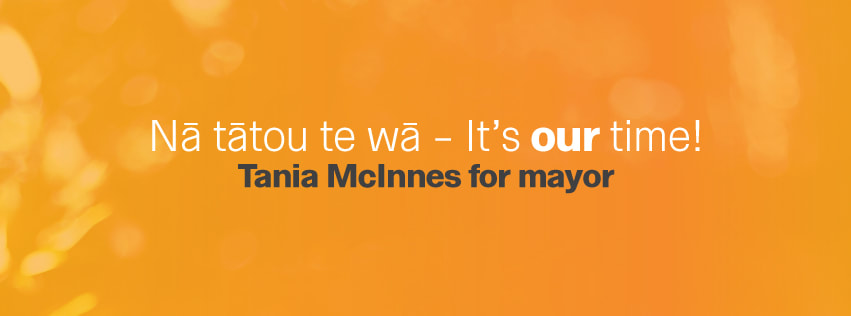
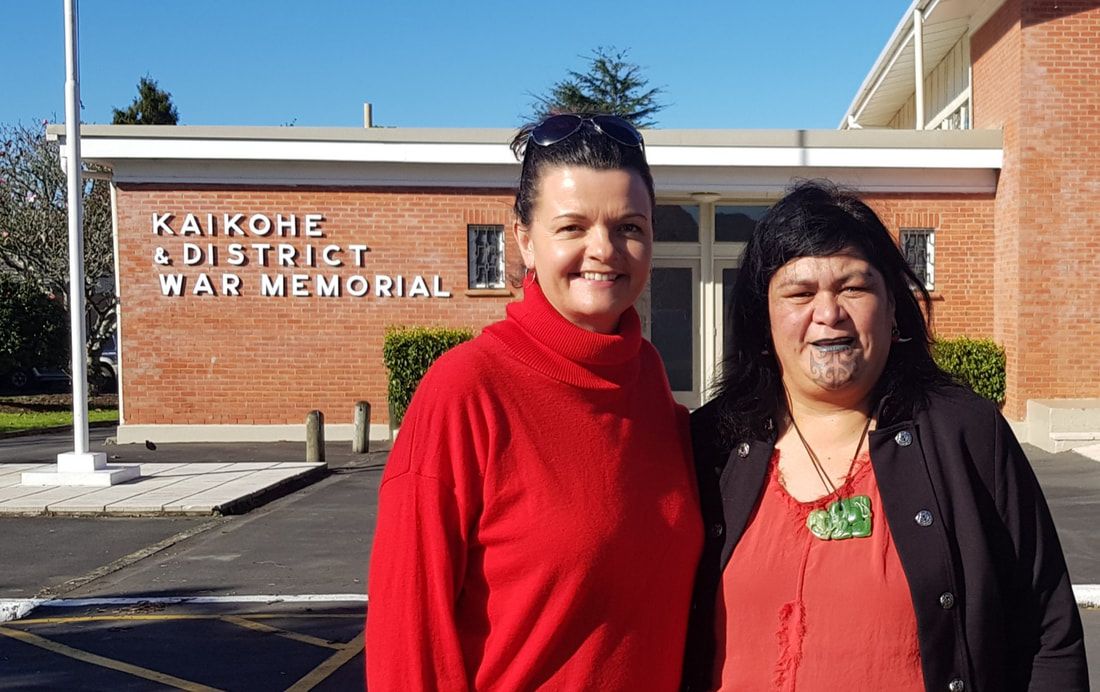
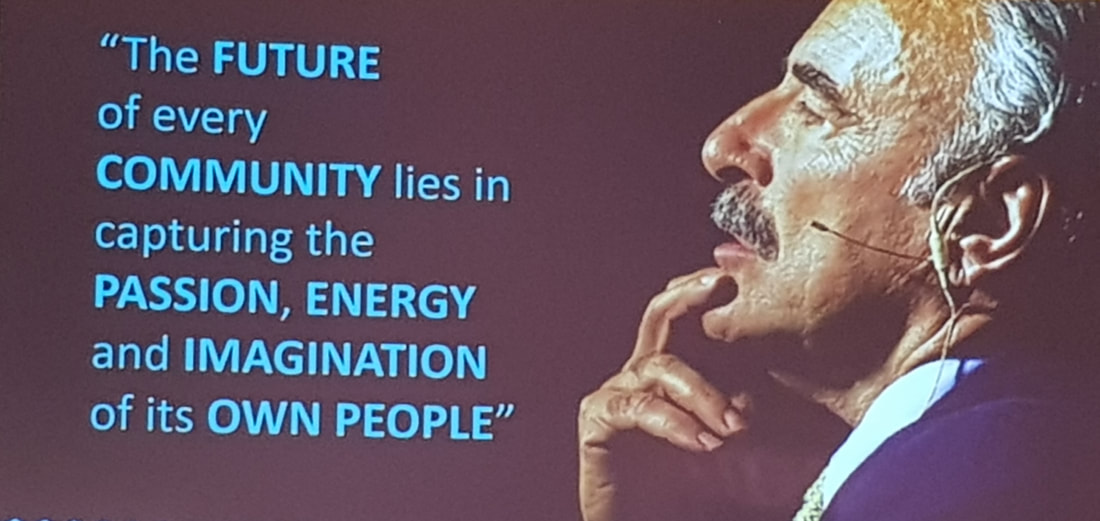
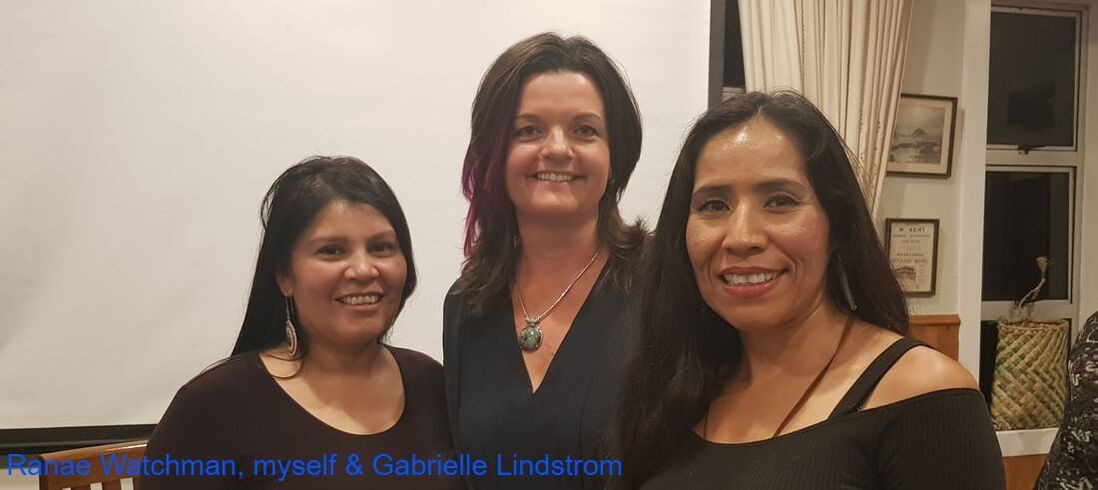
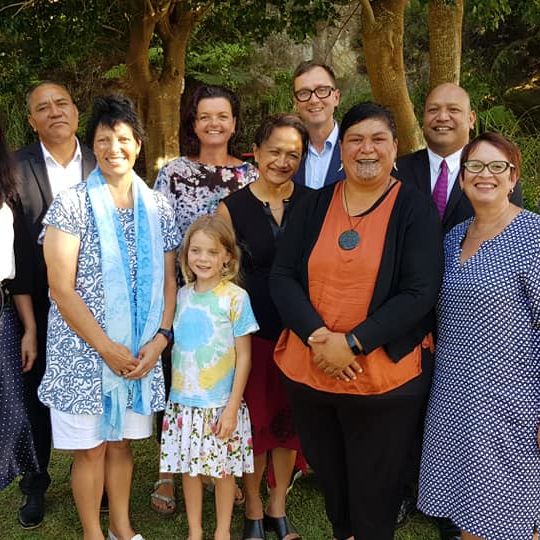
 RSS Feed
RSS Feed

